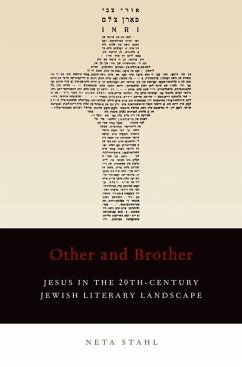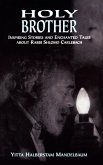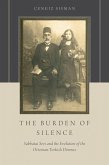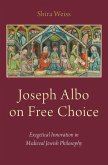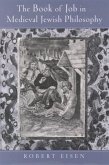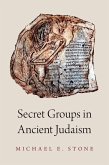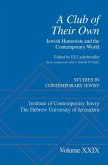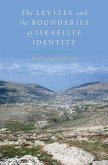In a groundbreaking exploration of modern Jewish literature, Neta Stahl examines the attitudes adopted by modern Jewish writers toward the figure of Jesus, the ultimate "Other" in medieval Jewish literature. Stahl argues that twentieth-century Jewish writers relocated Jesus from his traditional status as the Christian Other to a position as a fellow Jew, a "brother," and even as a means of reconstructing themselves. Other and Brother analyzes the work of a wide array of modern Jewish writers, beginning in the early twentieth century and ending with contemporary Israeli literature. Stahl takes the reader through dramatic changes in Jewish life beginning with the Haskalah (or Jewish Enlightenment) and Emancipation, and subsequently Zionism and the Holocaust. The Holocaust and the formation of the state of Israel caused a major transformation in the Jewish attitude toward Jesus. The emergence of quasi-messianic Zionist ideas of returning to the land of Israel, where the actual Jesus was born, helped other features of the image of Jesus to become a source of attraction and identification for Hebrew poets and Hebrew and Yiddish prose writers in the first half of the twentieth century. Stahl's nuanced and insightful historiography of modern Hebrew and Jewish literature will be a valuable resource to anyone interested in the role of Jesus in Jewish culture.
Hinweis: Dieser Artikel kann nur an eine deutsche Lieferadresse ausgeliefert werden.
Hinweis: Dieser Artikel kann nur an eine deutsche Lieferadresse ausgeliefert werden.

